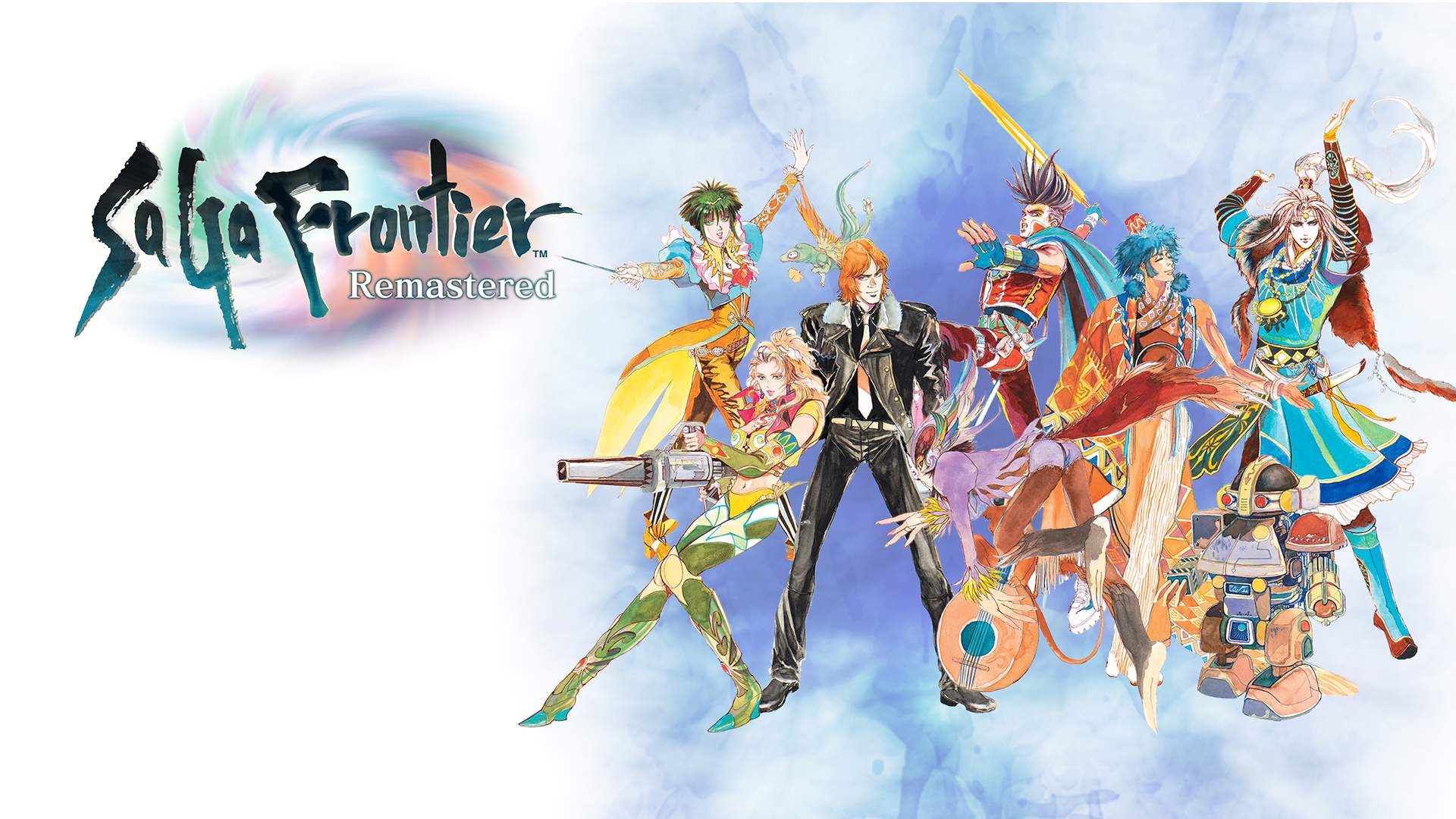I played the original SaGa Frontier back on the PSOne. It was a hot mess.
A classic RPG, the way it was meant to be played.
|
|
On 04/27/2021 at 04:42 AM by SanAndreas See More From This User » |
One of the most recent downloadable titles for from Square Enix is one of their 32-bit classics, SaGa Frontier. Originally released on PS1 in 1997 in Japan and in early 1998 in the US, it was one of the first games after FFVII that I bought for my new PlayStation. It certainly didn't have quite the razzle-dazzle of FFVII, but it had a style I really liked. Unlike a lot of other Square classics, SaGa Frontier never got a re-release as a Greatest Hits title or a PS1 Classic, though it was popular enough in Japan to be included on their version of the PlayStation Classic. It seemed destined to be lost to the ages, until now. SaGa Frontier Remastered is now available on the PS4 and the Switch, which is remarkable when you consider that when it was originally released, Nintendo and Square weren't on the best terms, as well as PC, iOS, and Android. I chose the Switch version.

SaGa Frontier originally featured 7 playable characters, each with their own quest. These characters include a supermodel wrongfully accused of her fiance's murder, a girl who finds herself a prisoner of the lord of the mystics, an ancient robot, a monster trying to save his homeland, a homage to Kamen Rider and other tokusatsu heroes, a magician who seems more like a villain than a hero, and a wandering slacker. These stories remind me of a much later Square Enix RPG, Octopath Traveler. However, rather than being one long story, SaGa Frontier is basically seven small RPG stories in one. The stories vary in quality; while Lute's story is a bit lackluster, Asellus's story is very haunting and thoughtful. The setting is a world of "regions", each of which has its own theme, ranging from traditional medieval RPG kingdoms to seedy slums to some futuristic venues. Having been impressed by the grit and grime of Midgar, the aesthetic employed by SaGa Frontier really appealed to me, in particular the neon-drenched hub city of Koorong. The battle system in SaGa Frontier is pretty mechanically dense. There are four different races of character in the game, each with their own fighting style, and up to five characters can fight at a time. Final Fantasy VII standardized RPG parties at three characters on the PS1, so this was a breath of fresh air. As in other SaGa games, and Final Fantasy II, from which the SaGa games were derived, you gain stats through the use of different weapons and skills, as well as being attacked. The battle system allowed characters to combine their attacks into more powerful combos. Unfortunately, the enemies could do this as well. Depending on decisions and actions made during the game, a few of the scenarios had multiple endings.
While I enjoyed SaGa Frontier, it was a deeply flawed experience. If you played through it enough, it was clear there was a lot of stuff left on the cutting-room floor. Some scenarios didn't make a lot of sense and seemed to have missing content. SaGa Frontier also boasted a non-linear structure that encouraged exploration, in contrast to FFVII's story driven linearity. Most of the game's world is open to you as soon as you're able to travel to Koorong. In practice, this often left you feeling lost and with no idea of where to go or what to do next. You could meet the other playable characters in the scenario you were playing, but the storylines for secondary characters were often paper-thin if not non-existent. The battle system was also confusing at times. Characters would learn new moves when they "sparked," but there seemed to be no rhyme or reason behind learning new skills.
With SaGa Frontier Remastered, the designers sought to fix the flaws of the original. Story content planned for the original release was added into this game. This includes an eighth scenario, that of IRPO officer Fuse, which had to be dropped from the original due to time and budget constraints. In addition, while you can still explore to your heart's content, the designers added a feature, "Story" in the main menu, to remind you of your place in the story and give you hints on what to do next. Other aspects of the game, such as the weapons, armor, and the battle system, are much better explained in this version. The result is a much more complete, more accessible RPG experience where you're less likely to feel lost.
The visuals cleaned up surprisingly well. The SD sprites in particular were cleaned up and are much more detailed, and the backgrounds were much sharper. Even the re-releases of Final Fantasy 7-9 on Switch and PS4 didn't get that kind of attention. The already great aesthetics of the game were thus made better. That said, the animation of the sprites in battle is fairly limited.
One part of SaGa Frontier that didn't need to be fixed was Kenji Ito's music. SaGa Frontier boasted one of the best soundtracks of its time, and it sounds no less magnificent today. The soundtrack not only sounds awesome, but it really helps to establish the mood of each scene. The battle music is especially exciting. SaGa Frontier proved that Nobuo Uematsu and Yasunori Mitsuda weren't Square's only great composers. However, Ito composed a few new tracks for Remaster for Fuse's scenario, again making a great game better.
SaGa Frontier Remastered really does this game the justice it deserves. Really, it should be a gold standard for classic RPG remasters to aspire to, with the loving care given to the graphics and gameplay. It is a real treat for classic RPG fans. The only way it could be better is if it had gotten a physical release.



Comments